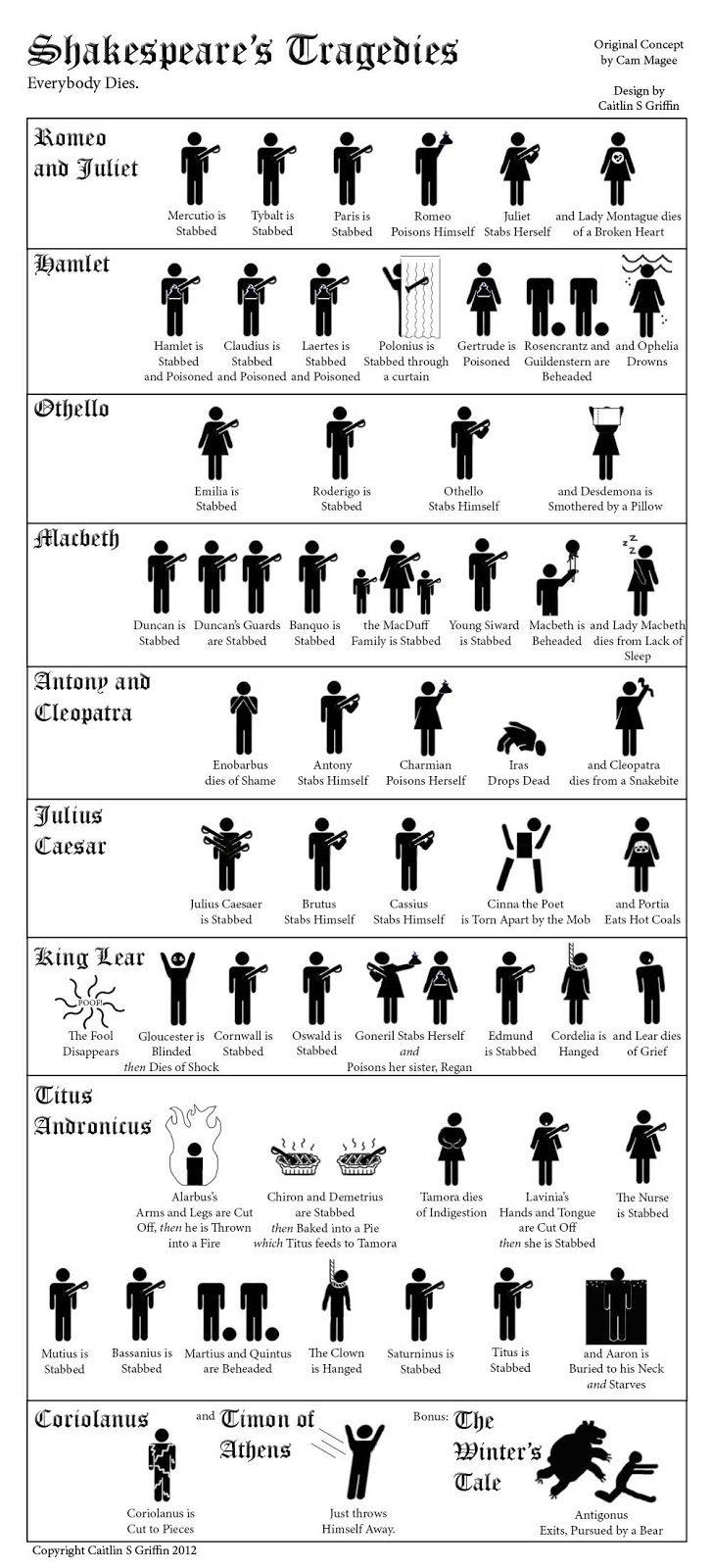A
fantastic passage from the Quixote. In pitch darkness, DQ and Sancho are
stopped in their tracks by some ominous sounds that they will later identify as
fulling hammers. Sancho secretly hobbles his master's horse to keep him from investigating, and stands next to him holding the saddle, too afraid to move:
At this moment it seems that either because of the cold of the morning, which was approaching, or because Sancho had eaten something laxative for supper, or because it was in the natural order of things—which is the most credible—he felt the urge and desire to do what no one else could do for him, but his heart was so overwhelmed by fear that he did not dare to move a nail paring away from his master. But not doing what he desired to do was not possible, either, and so what he did as a compromise was to free his right hand, which was clutching the back of the saddle, and with it, cunningly and without making a sound, he loosened the slip knot that was the only thing holding up his breeches, and when he did this they came down and settled around his ankles like leg irons. After this he lifted his shirt the best he could and stuck out both buttocks, which were not very small. Having done this—which he thought was all he had to do to escape that terrible difficulty and anguish—he was overcome by an even greater distress, which was that it seemed to him he could not relieve himself without making some noise and sound, and he began to clench his teeth and hunch his shoulders, holding his breath as much as he could, but despite all his efforts, he was so unfortunate that he finally made a little noise quite different from the one that had caused him so much fear. Don Quixote heard it and said:
“What Sound is that, Sancho?”
“I don’t know, Senor,” he responded. “It must be something new; adventures and misadventures never begin for no reason.”
He tried his luck again, and things went so smoothly that with no more noise or disturbance than the last time, he found himself rid of the burden that had caused him so much grief. But since Don Quixote had a sense of smell as acute as his hearing, and Sancho was joined so closely to him, and the vapors rose up almost in a straight line, some unavoidably reached his nostrils, and as soon as they did he came to the assistance of his nostrils and squeezed them closed between, and in a somewhat nasal voice, he said:
“It seems to me, Sancho, that you are very frightened.”
“Yes, I am,” responded Sancho, “but what makes your grace see that now more than ever?”
“Because you smell now more than ever, and not of amber,” responded Don Quixote.
“That might be,” said Sancho, “but it’s not my fault, it’s your graces, for choosing the most ungodly times to put me through the strangest paces.”
“Take three or four of them back, friend,” said Don Quixote without removing his fingers from his nose, “and from now on be more mindful of your person and of what you owe to mine; engaging in so much conversation with you has caused this lack of respect.”
“I’ll wager,” replied Sancho, “that your grace thinks I’ve done something with my person I shouldn’t have.”
“The less said the better, Sancho my friend,” responded Don Quixote.
-- from Don Quixote, by Miguel de Cervantes“Done something with my person I shouldn’t have?”
“Rid of the burden that had caused him so much grief?”
“The urge and desire to do what no one else could do for him”…
There are some classic euphamisms in there. It would be interesting to compare the various translations.














